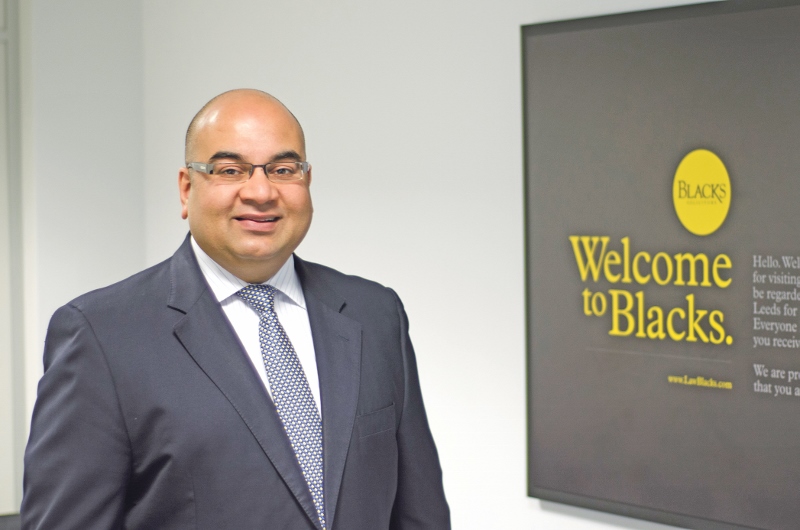
In civil proceedings, where a claim is brought by a corporate entity the defendant can, if it has evidence that the claimant is unlikely to be able to pay its legal costs in the event the claimant loses, apply to the court for an order for security for costs. If granted, the claimant would be required to pay money into court to cover the defendant’s costs before the claim can proceed. Security for costs applications are therefore a useful weapon in a defendant’s armoury if they are faced with a potentially impecunious claimant company.
Nowadays claimants can obtain after the event (ATE) insurance to cover their legal costs if they are unsuccessful with their claim. However, ATE policies can be expensive and may not always be a viable option. Claimants who have cover are better able to defeat applications for security for costs on the basis that the defendant’s costs are covered by the policy.
In the case of Dunn Motor Traction Limited v National Express Limited, the claimant was pursuing a £20m claim in respect of profits which it claimed it had lost due to the defendant wrongfully terminating a contract between the parties. The defendant applied for security for costs as the claimant had conceded that due to the effect of the termination of the contract its financial position had dramatically deteriorated to the extent that it might not be able to meet the defendant’s costs if it lost the case.
The claimant did not have an ATE insurance policy but its sole shareholder, Mr Dunn, provided an irrevocable undertaking to indemnify the claimant in respect of its costs liability to the defendant. The claimant argued that this was comparable to cases that have held that the existence of an ATE insurance policy provided satisfactory security.
However, the High Court disagreed. The judge found that the approach taken by the courts towards ATE policies did not apply to an indemnity provided by a shareholder. The reasons for this were because the counterparty to an ATE policy is a “responsible and reputable insurer” whereas the shareholder of a claimant company is, effectively, the adversary of the party seeking security for costs. Further, whereas ATE policies were a central feature of the ability of parties to gain access to justice, an indemnity provided to a company by its owner in respect of the company’s liability to bear legal costs was not. Security for costs was therefore granted in favour of the defendant.
This case demonstrates that indemnities from third parties such as shareholders are not adequate security in the same way as ATE insurance policies and that claimants, particularly corporate entities, need to consider obtaining ATE insurance cover if there is likely to be any doubt regarding their ability to meet adverse cost liabilities.
If you are involved in any proceedings then Blacks Solicitors can assist. Please contact Luke Patel on 0113 227 9316 or email him at “LPatel@LawBlacks.com”














